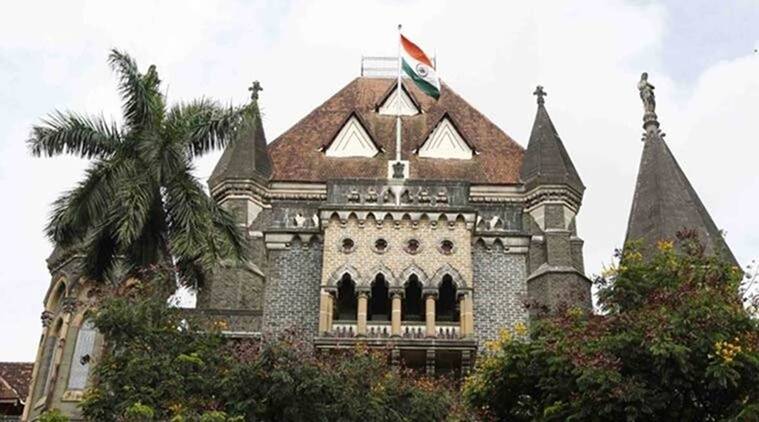 A division bench of Justice Sanjay V Gangapurwala and Justice Shrikant D Kulkarni was hearing a clutch of petitions. (File)
A division bench of Justice Sanjay V Gangapurwala and Justice Shrikant D Kulkarni was hearing a clutch of petitions. (File) Setting aside the appointment of administrators to eight agricultural produce market committees (APMCs) in Marathwada and North Maharashtra amid the Covid-19 pandemic, the Aurangabad bench of the Bombay High Court has admonished the state government for undertaking “colourable exercise of power”.
On March 1, it observed that the government does not seem to have taken any policy decision regarding the pros and cons of appointing the administrators. The court further directed the state to decide afresh on the proposals of extension of the committees in view of postponement of APMC elections due to the pandemic and also to record complaints, if any, against the board of directors.
A division bench of Justice Sanjay V Gangapurwala and Justice Shrikant D Kulkarni was hearing a clutch of petitions filed by members of APMCs whose five-year term had come to an end last year. The members belonged to Aurangabad, Gangakhed (Parbhani), Shrirampur (Ahmednagar), Chakur (Latur), Pachora (Jalgaon), Jamner (Jalgaon), Amalner (Jalgaon) and Ambejogai (Beed) APMCs.
The elections of cooperative societies, including APMCs, were postponed last year due to the pandemic. Following this, the petitioners, who are elected members of the APMCs, had forwarded proposals of extension of their terms to the state co-operative department.
However, while their proposals remained pending, the district deputy registrars had appointed administrators to the eight APMCs, instead of granting extension to the committees.
The petitioners, through senior counsel V D Hon and advocates SS Thombre, V D Salunke, A B Girase and others, submitted that the state had followed a “pick and choose policy”. Alleging that the government had granted extension to APMCs that belonged to the ruling party and not to those from the Opposition, they argued that the decision was taken under political pressure.
Additional Government Pleader S G Karlekar, appearing for Maharashtra, said that Section 14 of the Maharashtra Agricultural Produce Marketing (Development and Regulation) Act, 1963, gives discretionary power to the state in regard to circumstances in which the term of managing committees of APMCs can be extended.
He added that the state has given extension to certain APMCs and denied the same to some by exercising its discretionary powers “in the interest of the affairs” of the committees. Seeking dismissal of the pleas, he said that there were serious allegations of misappropriation against the board of directors of some APMCs.
The bench observed, “The factual scenario arising out of respective petitions of APMCs has projected a picture that the state has used its discretionary powers in an arbitrary and capricious manner.” It added that the decisions of appointing administrators to APMCs did not fulfill the requirement as per the 1963 Act and therefore, they are “defective in the eyes of law” and “do not stand on the legal platform”.
“We have no manner of doubt to arrive at the conclusion that impugned decisions are the outcome of colourable exercise of powers and do not sustain in the eyes of law. Those decisions need to be quashed and set aside,” it said.